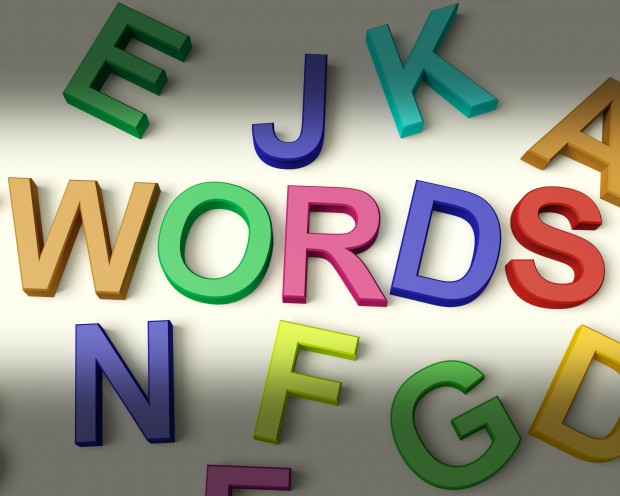Why do people talk?
I mean why do us humans use words?
Sure, communication is nice, but why is it necessary?
How did it happen, and why were those who used it able to succeed better than those who weren’t?
I know, silly question.
Giving instructions, listening to stories, all this helped primitive humans a lot more than grunts and sounds.
But here’s an interesting experiment.
Next time you’re in a conversation with your buddies, and you’re just sitting around, go into “observer” mode.
Not for very long. And certainly NOT as an excuse to not participate.
But just to get out of the conversation a bit. Study the structure of the words and sentences that people are using.
See how well people describe their ideas.
It won’t take long to realize that most casual conversations are not really much more than grunts.
Not a lot of well thought out ideas.
This is even more eye opening if you position yourself next to a cute girl in a social setting.
And listen to how the guys hit on her.
Listen to how well (or how poorly) their language is structured.
Again, you’ll be surprised (or maybe not so surprised) how “thrown together” people’s approach at a clear attempt at persuasion.
If you wanted to take this experiment even further, take a walk into some high end retail shops. Car lots. Even a real estate office if you’re brave.
Reverse engineer the structure of their sales presentation.
See how well thought out it is (or isn’t). Most of the time, you’ll find that even the HIGHEST PAID sales people don’t do much more than tell you how AWESOME their product is. Over and over and over. Until you give up and buy.
Most people start a conversation, they have a very VAGUE idea of what they want.
Salespeople want a sale. Pickup artists want to get laid.
But other than that, most people have a half baked idea, they spit out a randomly chosen jumble of words, and hope for the best.
If it doesn’t work, they usually repeat themselves. Maybe swap out a word or two. And hope it works.
The truth about language is that BECAUSE it is hard wired into our brains, that we do it without thinking, we assume we can’t improve on it.
We can’t make it better. We can’t practice like we’d practice the piano or martial arts.
But we can.
You can.
And when you do, when you start to do the daily drills (just like you would for the piano or martial arts) there are few people you will meet throughout your lifetime that will be able to match your skills.
Isn’t that worth a few minutes a day of language practice?
Get Started:
Covert Hypnosis

